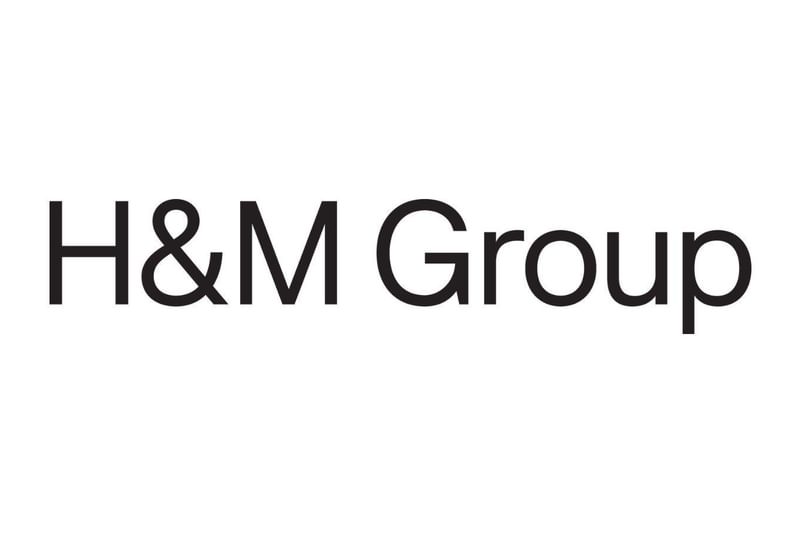
Conflict of interest statement
The SBTi’s conflict of interest statement is based on internal policies and is designed to ensure objectivity and independence in the SBTi’s activities, regarding the development of our standards and the validation of corporate or financial institutions’ targets. It applies to the SBTi’s executive management, employees, consultants, contractors, partners, associates, funders, volunteers, members of the SBTi’s Groups, Councils, Committees, and any other person or organisations representing the organisation or working on behalf of the SBTi.
The SBTi’s Conflict of Interest Statement is designed to ensure objectivity and independence in the development of our standards and validation of company targets. This means decisions made are based on objective criteria, rather than on the bases of bias or preference of one party over the other.
The SBTi will not accept or provide any advantage which could affect, or be seen or presumed to affect, the independence and impartiality of the SBTi's standard setting or target assessment and validation work.
No SBTi representative or employee should attempt to influence the SBTi’s position on standards development or validation assessments when acting on their own behalf or when acting on behalf of another person, business, organisation or group without, at a minimum, full disclosure of such non-SBTi interest in any discussion or deliberation of such matters.
A conflict of interest may arise if an SBTi representative or employee has a relationship or other direct connection to a company, civil society organisation, or an individual that is engaging with the SBTi in any way, including, but not limited to target validation, piloting of its draft standards or supporting the multi-stakeholder consultation process for standard development or revision.
If such relationships exist they must declare it in writing to the Head of Legal or the Executive Management lead of the relevant department or unit. For example, if an SBTi representative or employee has had a relationship or connection with a company, including an affiliate (parent company or subsidiary) within the previous five-years before engagement, they must declare it in writing and a decision will be made to resolve the conflict of interest. Resolution could be achieved by removing the SBTi representative or employee from the relevant SBTi work and/or decision making involving the SBTi work. The same would apply to an external individual expert or company working with SBTi on standard development and target validation.
If the SBTi enters into Agreements with any company funding a project in which the SBTi is involved, or providing pro-bono support, this agreement will provide sufficient safeguards to ensure that such projects are carried out in accordance with industry best practice, including the requirement that all substantive decision-making related to such project is taken independently by the SBTi. All corporate funders of sector projects are disclosed on the specific sector pages along with any other companies participating in the project.
What is considered a conflict of interest?
Any situation in which the impartiality and independence of a SBTi representative or employee is at risk is considered a Conflict of Interest. More specifically, Conflict of Interests include but are not limited to the following:
- A situation in which any SBTi representative or employee is paid any amount to provide advisory services to a company on their target.
- A situation in which a company provides funding to the SBTi (e.g. through a partnership, service offering, donation) to influence the SBTi’s standards or target validation decisions.. This applies equally to grants, contracts, sponsorship, sales of services, or any other income.
- Any attempt by any SBTi representative or employee or any partner of the SBTi to to influence validation results, or assist any other party in doing so for personal gain, will be regarded as gross misconduct and dealt with on a case-by-case basis in accordance with the internal policies of the SBTi and its relevant SBTi partners.
Where to report a conflict of interest?
The SBTi encourages anyone to report any threat to independence and impartiality of its standards development to standardscomplaints@sciencebasedtargets.org and validation assessment to validationallegations@sciencebasedtargets.org. All such indications will be documented in a register, including the follow-up actions to mitigate the risk and arrive at resolutions, if occurred.
Change log
- December 19th 2023: Statement updated
- December 2nd 2022: Statement updated
- February 22nd 2022: Statement published
Latest News
View News


